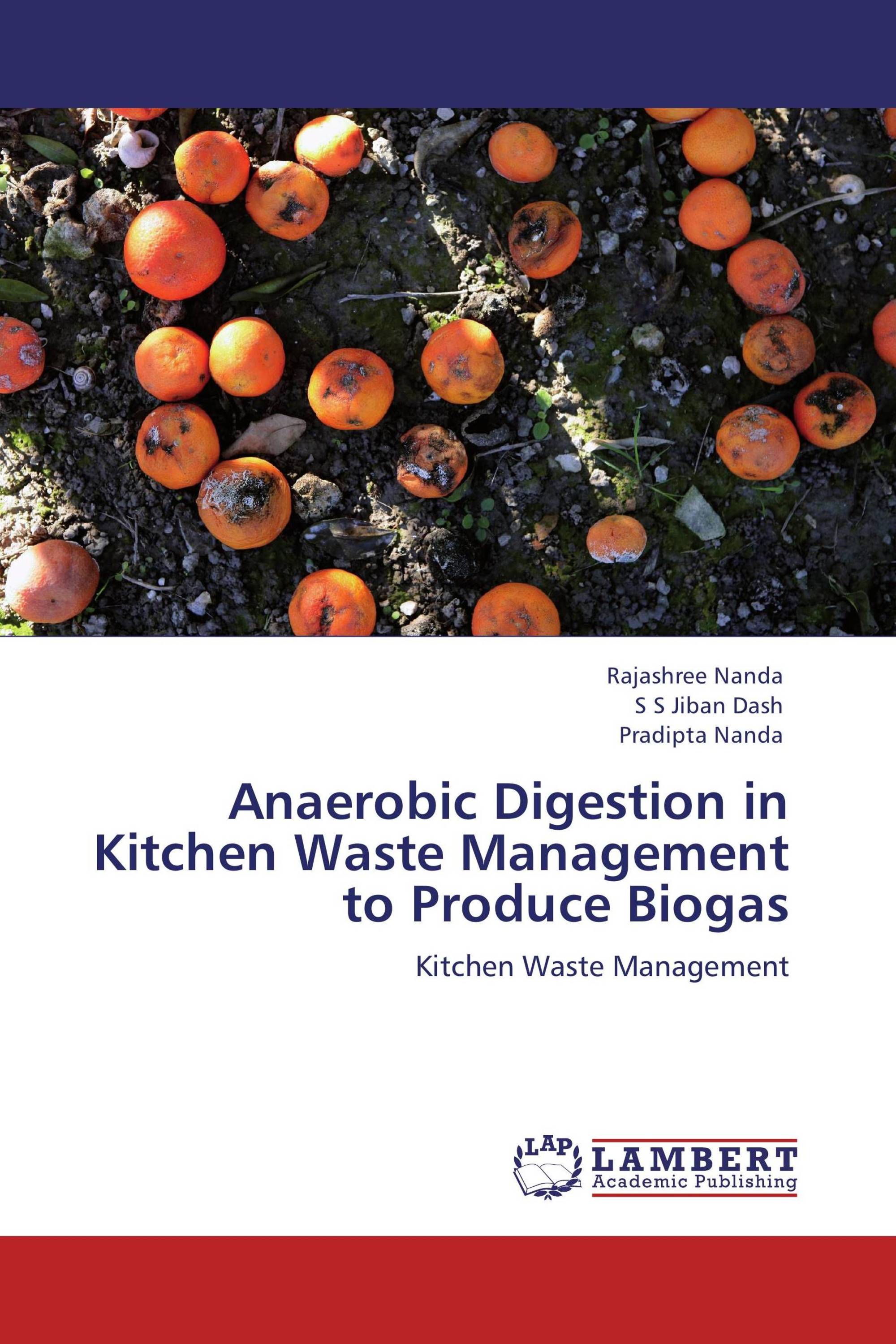Anaerobic Digestion in Kitchen Waste Management to Produce Biogas
Kitchen Waste Management
LAP Lambert Academic Publishing ( 2011-07-17 )
€ 49,00
Anaerobic digestion (AD) is a biological process in which biodegradable organic matters are broken-down by microorganisms in the absence of oxygen into biogas, which consists of methane (CH4), carbon dioxide (CO2), and trace amount of other gases. AD typically converts the organic waste into biogas at an increasing rate for the first two weeks where the rate of conversion is constant until the organic source is consumed. AD is widely used to treat wastewater sludge and organic waste. Some of the advantages of applying AD are it’s a renewable source of energy, reduces the emission of landfill gases and the nutrient rich solids left after digestion can be used as an organic soil amendment. AD is increasingly used as a technology that can deal with mixed organic waste streams (e.g. animal slurry, sewage, BMW, food processing wastes). The fibrous component of the digestate can be used as a soil improver or further composted to achieve a compost material suitable for horticultural, land reclamation and agricultural applications.
Book Details: |
|
|
ISBN-13: |
978-3-8454-1484-3 |
|
ISBN-10: |
3845414847 |
|
EAN: |
9783845414843 |
|
Book language: |
English |
|
By (author) : |
Rajashree Nanda |
|
Number of pages: |
68 |
|
Published on: |
2011-07-17 |
|
Category: |
Individual braches, Branches |




